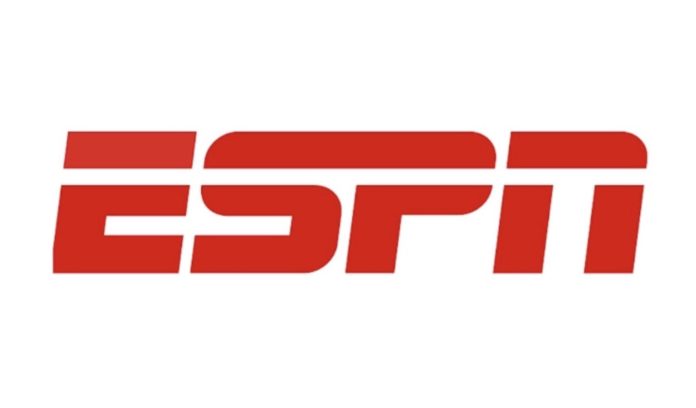OPINION | This article contains opinion. This site is licensed to publish this content.
ESPN has been widely condemned by critics for “going woke.”
Instead of focusing on sports, unhinged ESPN sports commentators like Mike Wilbon use their platform to focus on other issues, such as pushing for mandatory drug vaccinations for Americans. Star ESPN commentator Stephen A. Smith once claimed Tim Tebow’s return to the NFL was “white privilege.”
ESPN recently rehired outspoken anti-Trump sports commentator Mark Jones despite a sickening history of nasty and appalling comments. For example, Jones celebrated when 49ers linebacker Nick Bosa suffered a torn ACL. Jones suggested Bosa deserved the injury because he supports Trump.
However, as the popular saying goes, once you “go woke,” then you “go broke.”
ESPN lost eight million cable and satellite subscribers last year. The company finishing 2021 with roughly 75 million total subscribers.
This represented a 10% reduction in ESPN’s overall subscriber base with an average loss of nearly 22,000 people a day. The total decline is now over 100 million subscribers from just over a decade ago.
This will cost ESPN roughly a billion a year in recurring revenue across all ESPN network properties.
Viewers have noted that ESPN sports commentator Mark Jones used his platform to shamefully celebrated the death of legendary conservative radio talk show host Rush Limbaugh died.
After Limbaugh’s wife shared the tearful news that her husband had died of cancer, Jones published a series of tweets and told Limbaugh to “rot in hell.”
Jones once mocked UFC fighter Colby Covington after he broke his jaw because he’s a known conservative.
Refusing the standard police escort for media at a college football game, Jones notoriously argued police are more likely to shoot black people dead than escort them to safety.
Jones falsely claimed during an NBA game that Jacob Blake was “unarmed” when police shot him in 2020.
More on this story and the struggles of ESPN via Outkick:
The number, which was released by the company itself just before Thanksgiving in late November of last year, escaped most major media attention, despite representing the largest yearly subscriber loss in ESPN history. I flagged it back then to write about, but waited until now because I was intrigued to compare the interplay between ESPN’s linear cable channel and the ESPN+ streaming service it has also launched, which ESPN is claiming will save the company.
I’ll get to that new streaming service in a moment, but I’ve been writing about ESPN’s major cordcutting issues for years. In fact, back in 2016, six full years ago, I forecast that ESPN would finish 2021 with 75 million subscribers.
— Advertisement — At the time I made that forecast almost no one in sports media believed cordcutting was going to be a threat to ESPN’s future business. You can read my article from 2016 here…
Six years later, if anything, ESPN’s future as a standalone cable entity is even more dire. Even if most still haven’t realized it yet. Why? Because streaming isn’t going to save ESPN’s business either, no matter how much bragging to the contrary company executives attempt.
Let me explain the basic math here and show you the problems that are destined to arise for ESPN in future years.
First, let’s start with ESPN’s basic business — ESPN charges every ESPN subscriber around $10 a month in 2022 for a cable and satellite subscription across all ESPN cable properties, with the lion’s share of that cost coming from ESPN itself.
That $10 a month, multiplied by 12, means each and every single one of you reading this right now who has an ESPN subscription is paying the company roughly $120 a year. ESPN also gets money for ESPN2, ESPNU, and the SEC Network, but these are comparatively smaller ventures with much less revenue being produced than ESPN. (According to the most recent SNL Kagan estimates there are roughly 75 million ESPN2 subscribers, 54.9 million ESPNU subscribers and 51.2 million SEC Network subscribers.)
Remember that only a fraction of cable and satellite subscribers even watch ESPN so, honestly, the cable bundle is a great deal for sports fans. Because ESPN, which is by far the most expensive, cable and satellite channel out there, is using all the money they make off non sports fans to buy up sports rights without charging all sports fans full freight to support these games.






